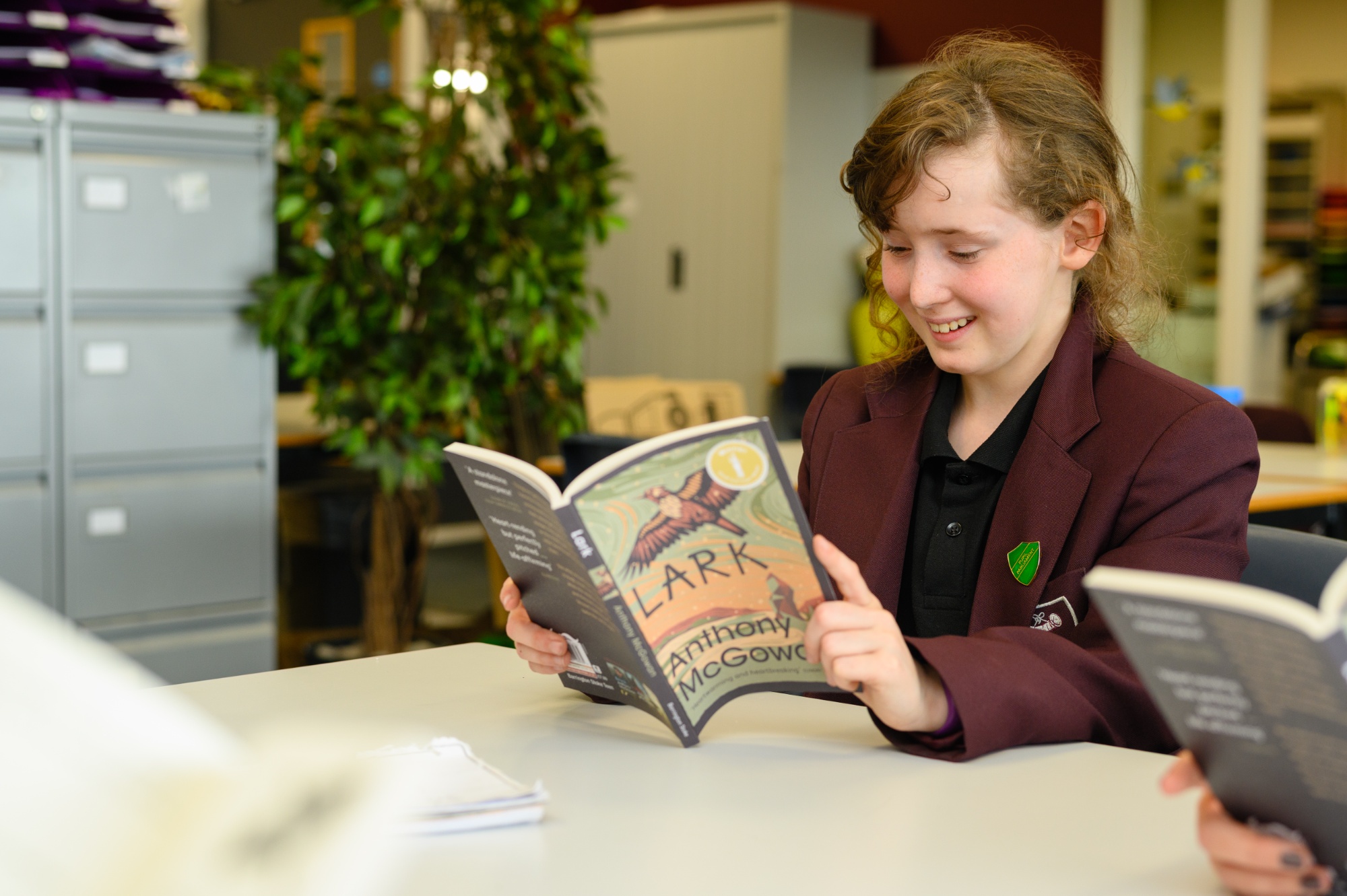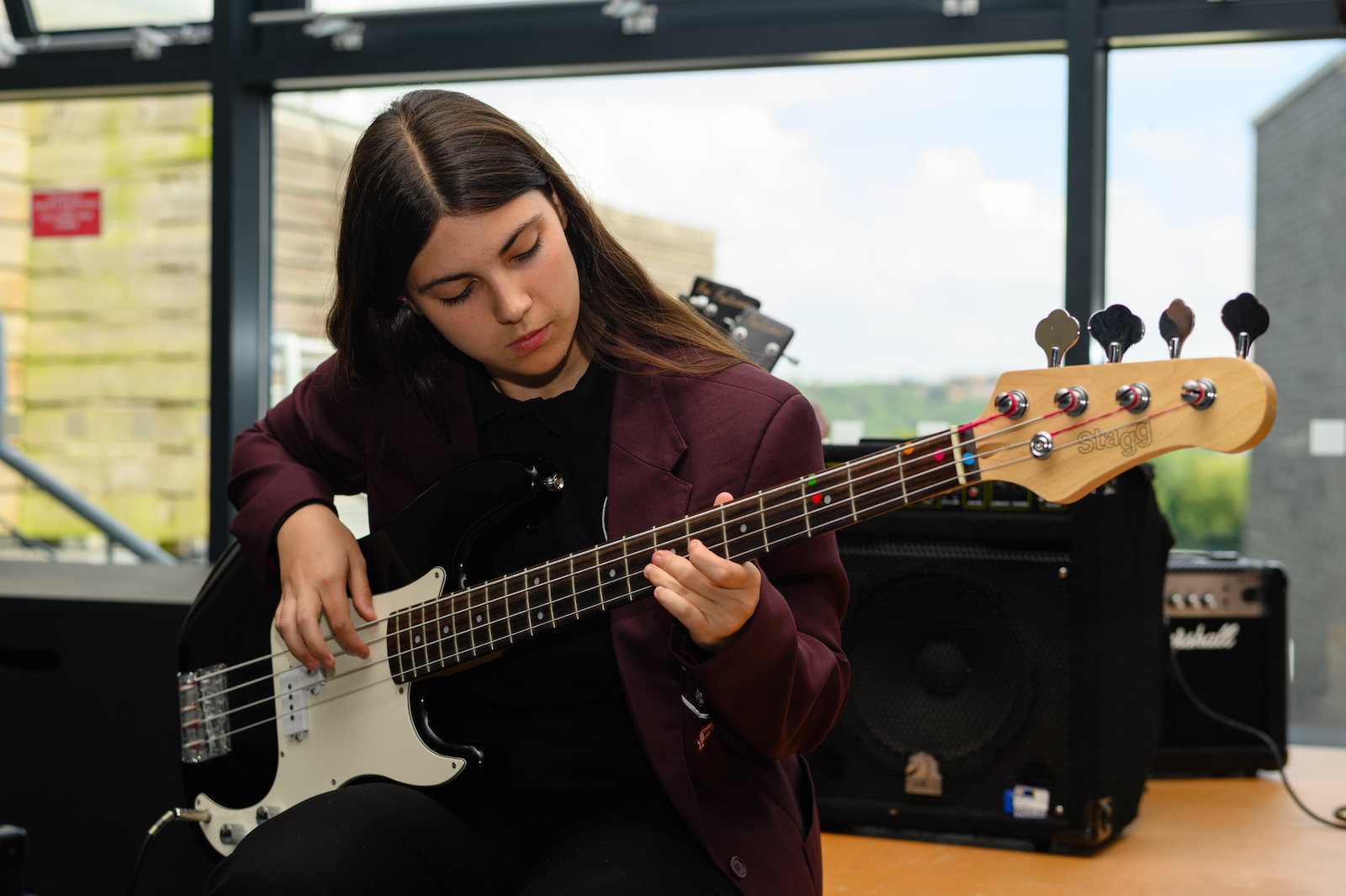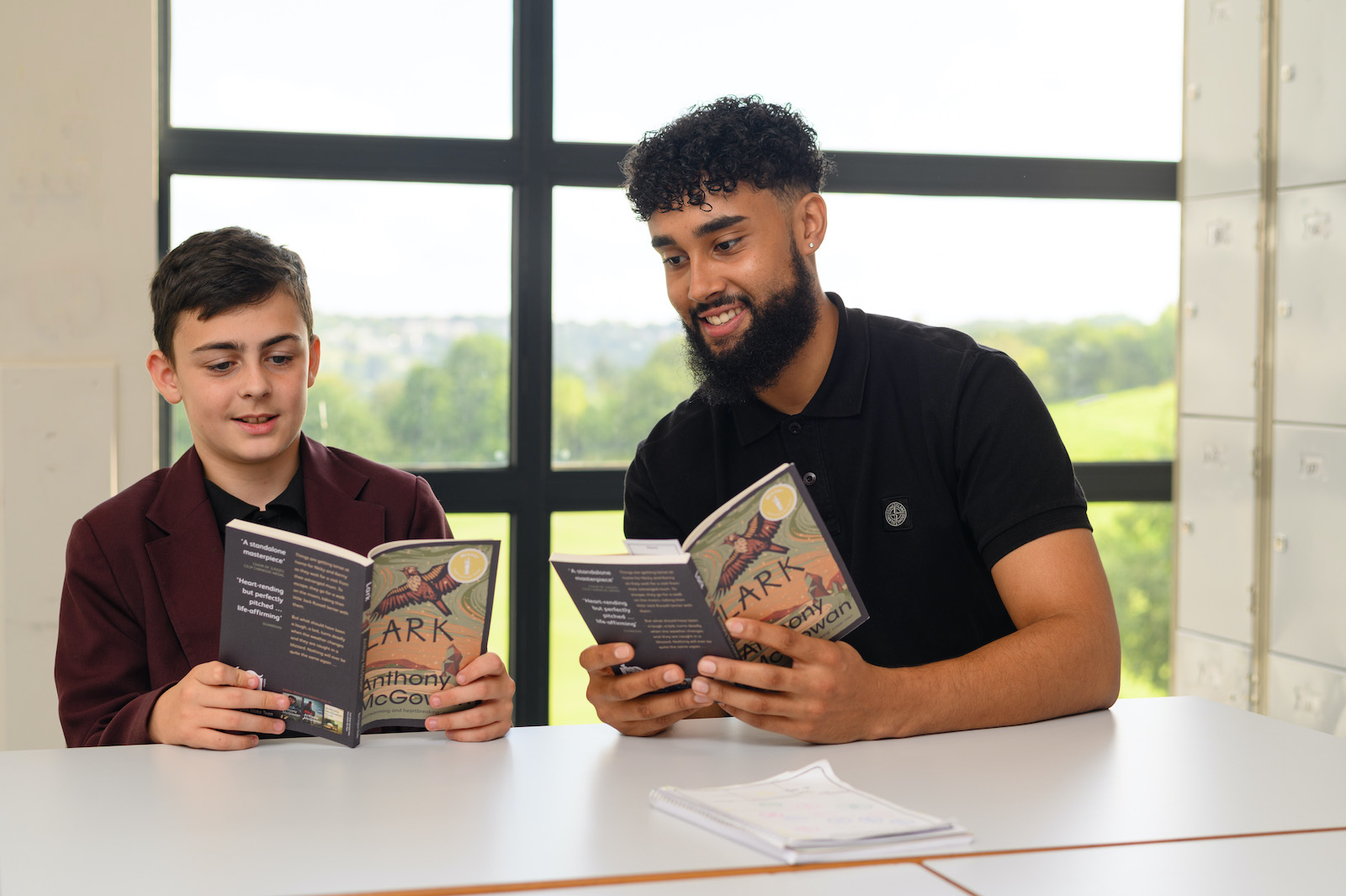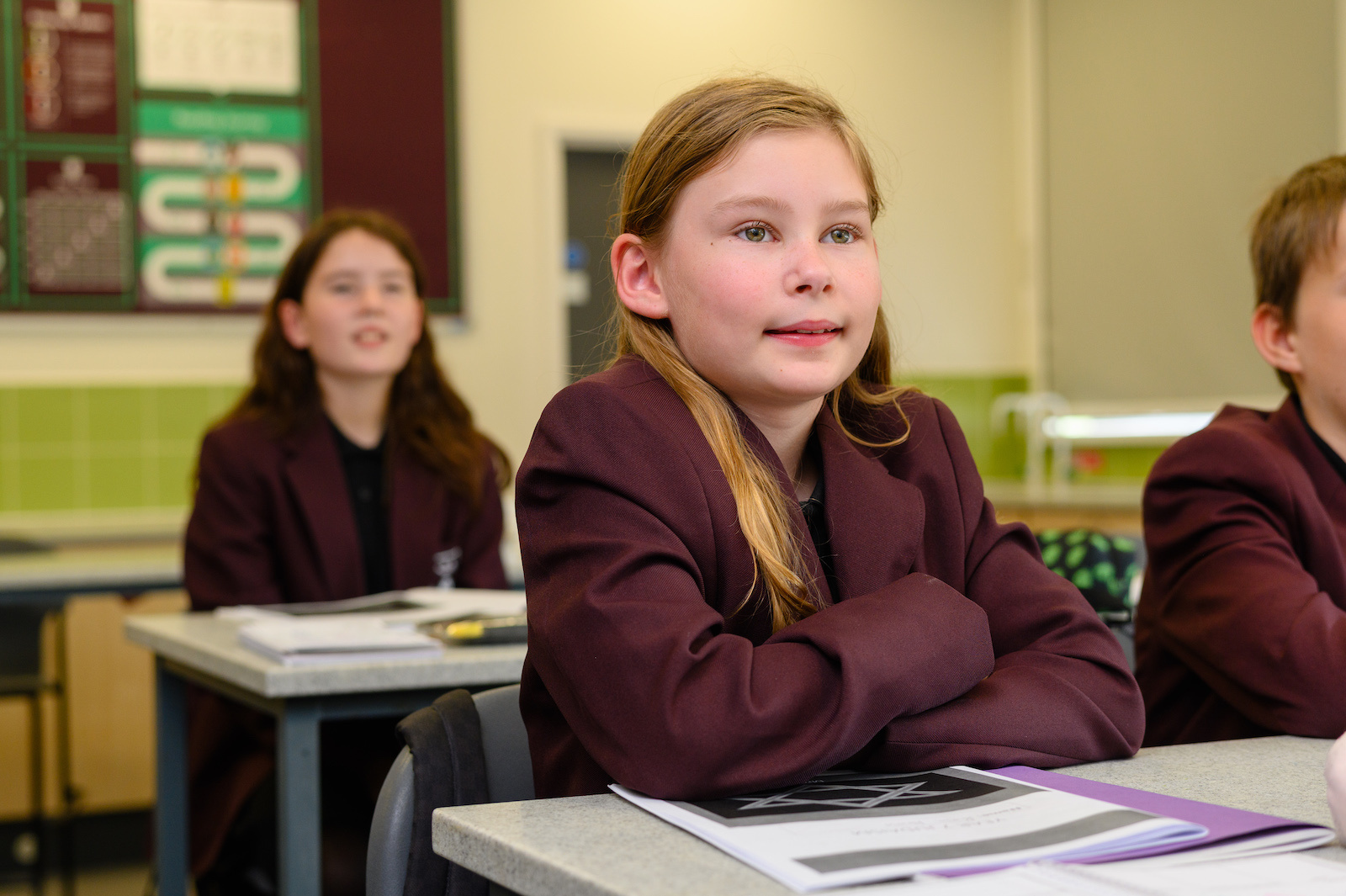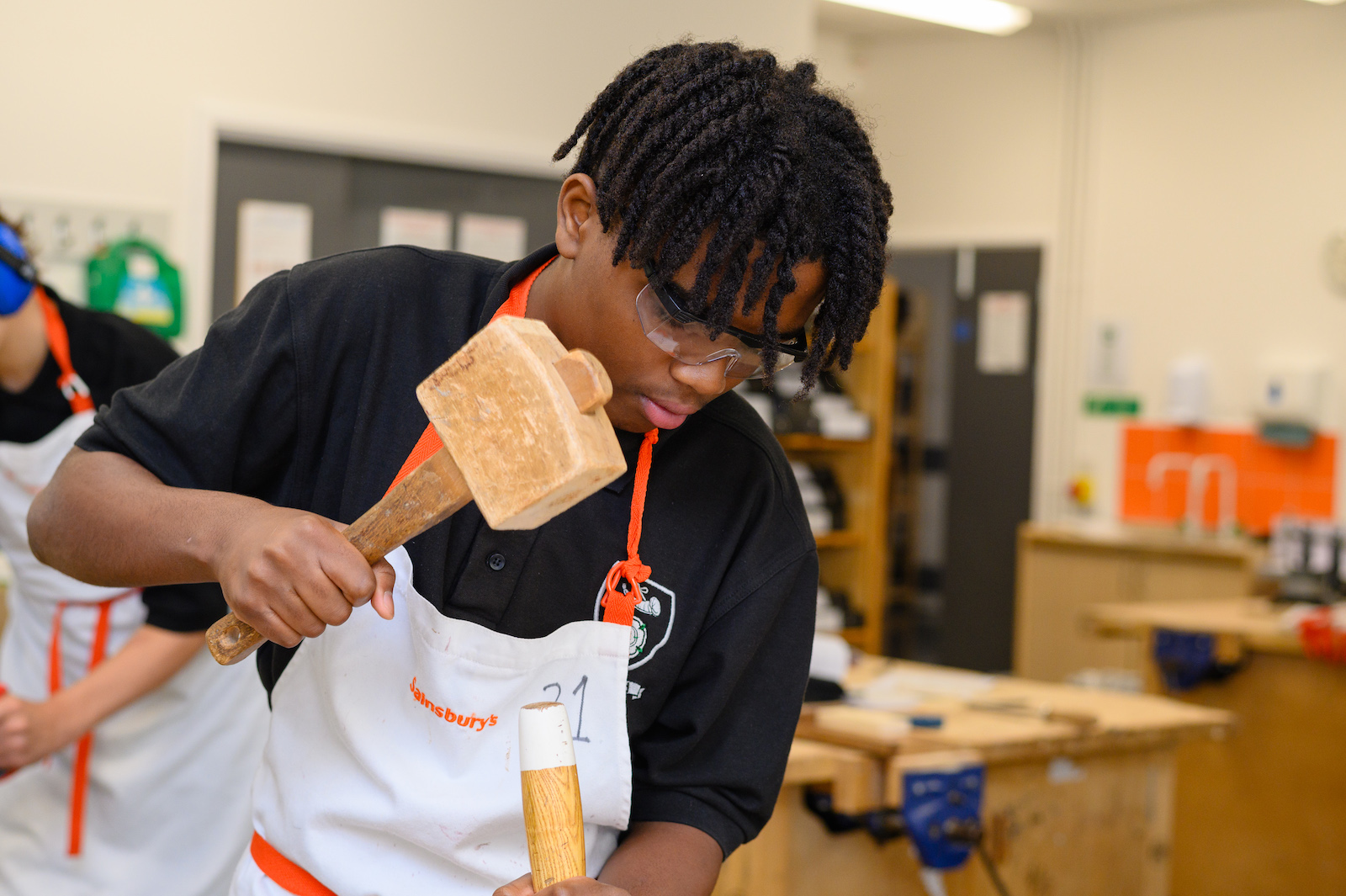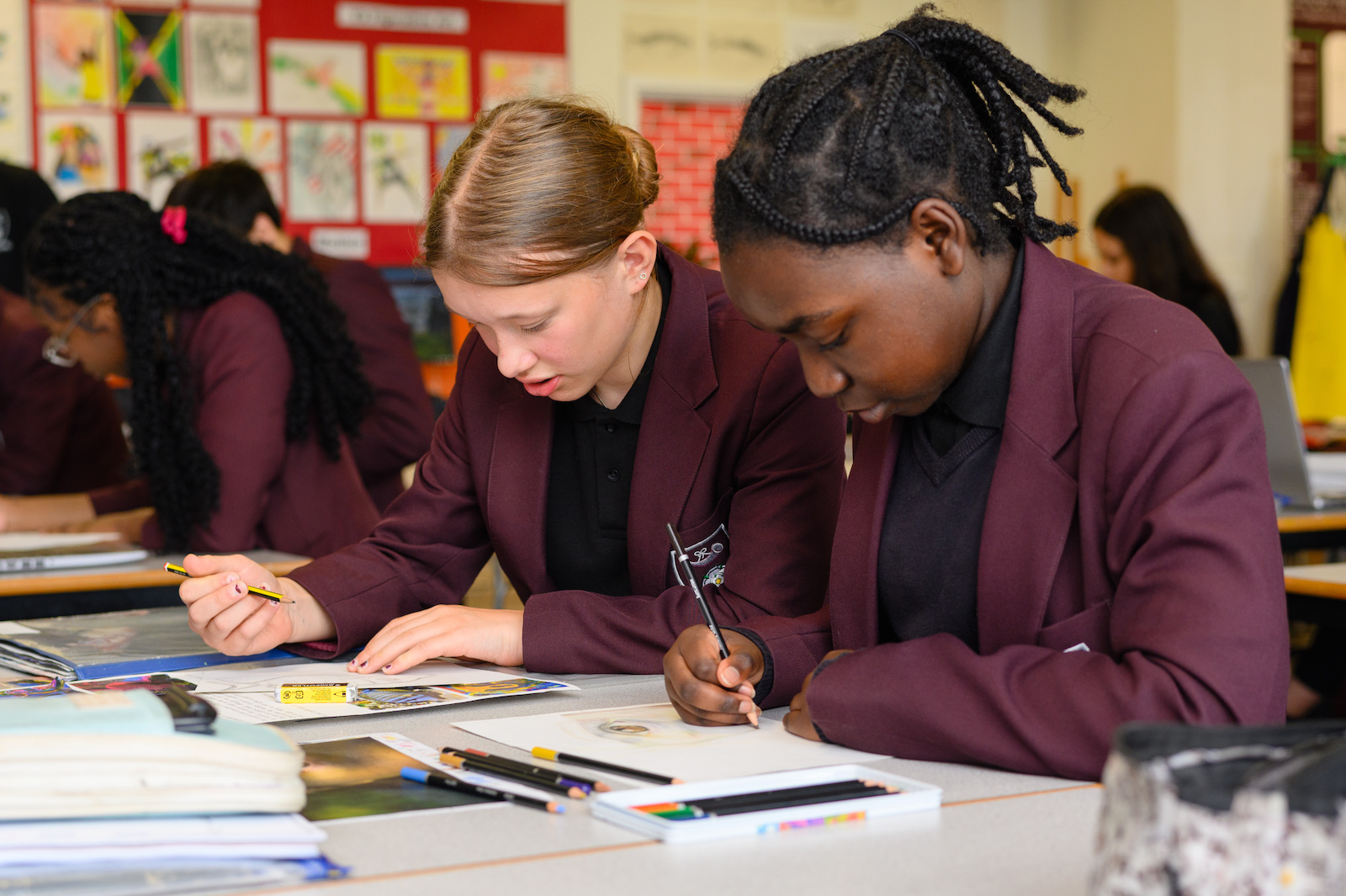Computing
“Computers themselves, and software yet to be developed, will revolutionize the way we learn.” Steve Jobs
Computing and ICT are advancing and becoming more complex, from the devices that we use, to the way we communicate with others. It is vital that students are kept up to date with these changes, feel inspired to use them and motivated by what the future can hold in terms of technology and careers. We take time in lessons to encourage our students to be ambitious in their life goals by highlighting employment and further learning opportunities available to them within the science and technology sectors.
Our curriculum is designed to encourage students to have a thirst for knowledge. The variety of topics allows students to explore the Microsoft Office package, programming languages including Python, multimedia and image manipulation software. We dedicate time within lower school lessons to encourage computational thinking and cover aspects of the theory of a computer, providing our students with a deeper, thorough understanding. Relentless ambition, dedication and resilience are key skills in computing and underpin our vision of an outstanding learner at Newfield School. For example, when programming a solution to a problem in Python, errors are almost certainly inevitable, but inspired students will thrive on the fact they are required to take apart their solution, identify the anomalies and devise an alternative way to complete the task.
Computing and ICT play significant roles across a broad and balanced curriculum. It is essential for students to have a well-developed and established skills set when using hardware and software successfully, due to the extent in which computers and technology are used in everyday life and in the evolving world. The majority of current careers all have varying degrees of computer involvement, from a mechanic using a spreadsheet to manage his income, to a solicitor who is writing letters to clients, to an app developer who is writing code for a top new product – making computer literacy the language of the here, now and future.
Key Stage 3
Students receive one hour of Computing a week with one topic running for the duration of half a term.
In Year 7, students discuss how to be safe online, the potential risks to using the internet and cyber security. They discover, through creating flowcharts and pseudocode, the level of detail needed when giving a computer instructions and how a computer operates. Across one term, students will complete a professional documents unit whereby students will learn how to construct online documents, file management, software selection and image manipulation.
Year 8 builds upon the skill set from Year 7 but involves a deeper look into image manipulation. They will also complete a unit based on Enterprise to understand how computing and ICT skills are needed to run an Enterprise. Year 8 students will also study two programming languages, Python and HTML.
Year 9 is split into two halves, one focusing on Computer Science and the second on Creative iMedia. The computer science part will reintroduce students to the programming language, Python. We cover concepts such as arrays, functions and loops. The other half will allow students to complete practice units of work from the R094 and R097 units in iMedia, where students will use an expired brief and use Photoshop and Multimedia to create a solution. At the end of Y9, students will complete a Microsoft Skills Test so that they end KS3 as competent ICT users for the future.
GCSE
During Y10 and Y11, students receive three lessons a week. We offer two courses at GCSE level, GCSE Computing and Cambridge National in Creative iMedia.
Computing
During Y10 and Y11, we cover the theory aspects of the course, as well as programming, this includes Networks, the CPU, Data representations and we discuss the ethical, legal and environmental implications of technology in our world.
Students will sit the Eduqas Computer Science exams at the end of Y11.
Creative iMedia
The course includes four units, R093 IMedia in the media, R094 Visual identity and digital graphics, and R097 Interactive digital media.
Throughout Y10 and Y11, students complete the units using the brief released by the exam board. Students will sit the OCR Creative iMedia R093 exam unit at the end of Y11.
Extra-Curricular
Y7 and Y8 students take part in the annual BEBRAS coding competition during lesson time. This competition allows students one hour to complete a range of problem-solving tasks using computational thinking. Students are awarded with a certificate which can be added into their Newfield Diploma.
In Y9, students have the opportunity to enter the Big Challenge competition. The Big Challenge aims to ignite entrepreneurial spirit through a city-wide competition that connects young people and employers through an immersive experience. Students work in small teams to design and grow a business from a £25 start-up loan.
Upper School students are encouraged to attend sessions after school which provide additional time to practice key programming and theoretical concepts required by their course and to complete their creative project for iMedia.

